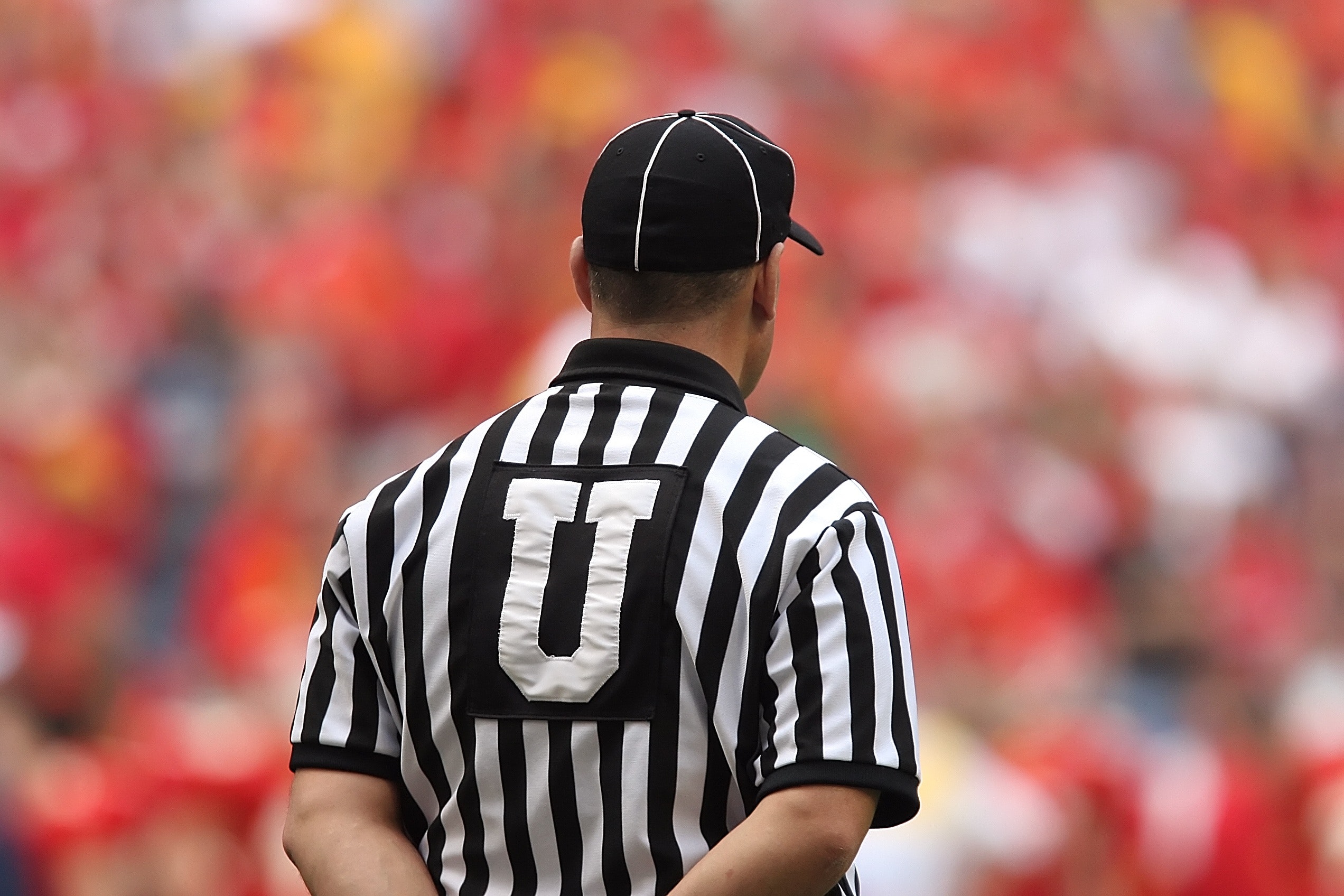Practice Areas
Traumatic Brain Injuries and Justice in the NFL

by Allison Theresa
As Super Bowl LIII closes the 2018 NFL season, settlement payments are being made to the 4,500 former NFL players and their families who sought compensation for traumatic brain injuries incurred from years of playing professional football. The injuries and compensation of the former NFL players are of interest to football fans but should be of interest to everyone. Traumatic brain injuries, like the ones at the center of the NFL lawsuit, occur incredibly frequently. Spinalcord.com reports traumatic brain injuries (TBIs) affect as many as 1.7 million people and take 52,000 lives annually. These injuries occur right before our eyes, as they have for years on Monday Night Football. What seems to be a minor fall or collision could have lasting physical and financial consequences. For those who experience a traumatic brain injury off the field, there are a few key take-aways from the NFL concussion lawsuit.
Traumatic Brain Injuries Take Time to Diagnose
Whether the impact is from a warehouse floor or a head-to-head collision with a full back, determining the impact to the brain requires specialized assessment and observation over time. Quick assessments, like observing for consciousness, testing for normal speech function, and determining range of motion, can indicate the possibility of a brain injury. But other assessments like CT scans, MRIs, and Intracranial Pressure Monitoring require more lengthly assessments at a hospital with imaging capabilities.
The pressure of former players and long-term TBI studies encouraged the NFL to begin new protocols for concussions that include these assessments. Players with potential concussions are immediately assessed by a neurotrauma consultant, removed from play, and monitored continually. Prior to these protocols, players often pushed past symptoms of TBI and continued to play. As employees of the NFL, few could fault the players for continuing to do their job despite danger to their person, and the concussion protocols placed the responsibility instead on the coaches, medical staff, and other administrators of the team.
In a typical workplace or at an intersection, people with possible brain injuries don’t have the help of a neurotrauma consultant on-site. Those who have suffered from a car accident or a slip and fall at work should take steps to ensure their long-term safety. Employees should not return to work and motorists should not return behind the wheel until fully assessed. Any impact to the head could induce injury. Take a page from the NFL playbook and take the time to determine the severity of an injury.
Traumatic Brain Injuries Have Lasting Effects
Much of the basis for the NFL’s TBI lawsuit stems from the financial and emotional impact of the long term effects of TBI, specifically chronic traumatic encephalopathy (CTE). The NFL lawsuit focused on players “who develop Lou Gehrig’s disease, dementia or other neurological problems believed to be caused by concussions suffered during their pro careers.” Former players testified to the impact of the injury on the lives of themselves and loved ones. In some cases, family members were seeking compensation for a loved one whose life was claimed by the long-term effects of their injuries.
Everyday occurrences of TBI, road accidents, slip and falls, defective products, also carry high risk for life-long effects. Even if the brain injury isn’t of the chronic kind, symptoms like mood swings, impaired language skills, coma, loss of consciousness, loss of sensation in extremities, increased risk of stroke, increase risk of seizure, loss of balance, and partial paralysis threaten any victim of head trauma. They threaten the well-being of individuals by jeopardizing the ability to work at their former levels. These effects impact the emotional lives of victims as well as those close to them.
Victims of Traumatic Brain Injuries Should be Compensated
The risks of TBI are serious and sometimes long term. A full medical treatment may be necessary to mitigate these risks. The medical costs alone could account for a steep bill. Those suffering from TBIs caused by the negligence of individuals or corporations (like the NFL) deserve compensation from the responsible parties. The results of the NFL settlement highlights the need for compensation for injuries of this type and the necessity for strong legal representation.
Individuals seeking compensation for a TBI should work with a team dedicated to determining the underlying cause of the injuries, the liable parties, and the proper treatment and longterm compensation to aid in recovery. Victims should seeks firms focused on making sure that any and all those at fault are held accountable. Legal representation should always be fighting for the rights of the victim rather than the profits of the insurance company or other parties. If you or a loved one experiences a traumatic brain injury, give the experienced team at Deliso Law a call at 718-238-3100 and let us fight for the justice you deserve.
The NFL is leading the conversation about brain injury prevention, but they also serve as an apt example of how to navigate life and compensation after traumatic brain injuries.
FREE CASE EVALUATION
Get a free in-depth case evaluation with no obligation!
"*" indicates required fields
